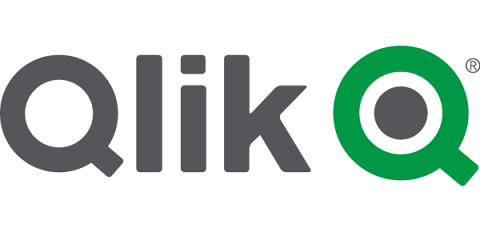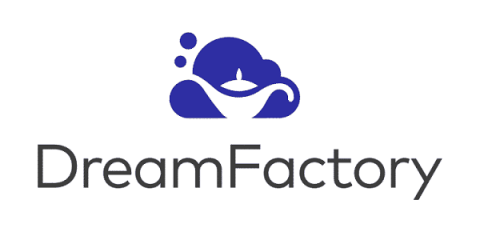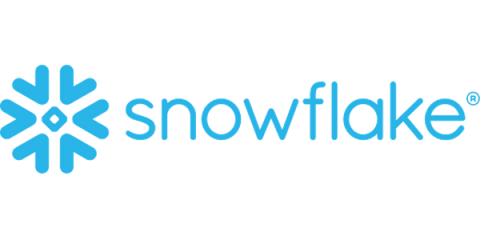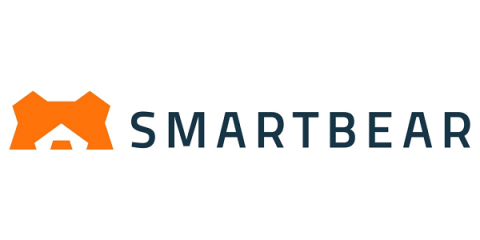Qlik Welcomes Blendr.io to Accelerate Active Intelligence
Incredibly excited about today’s news that Qlik has acquired Blendr.io. Blendr.io’s easy-to-use, scalable and secure embedded integration and automation platform (iPaaS) will expand our ability to deliver on our vision of Active Intelligence, where real-time, up-to-date data triggers immediate action to accelerate business value across the entire data and analytics supply chain.










